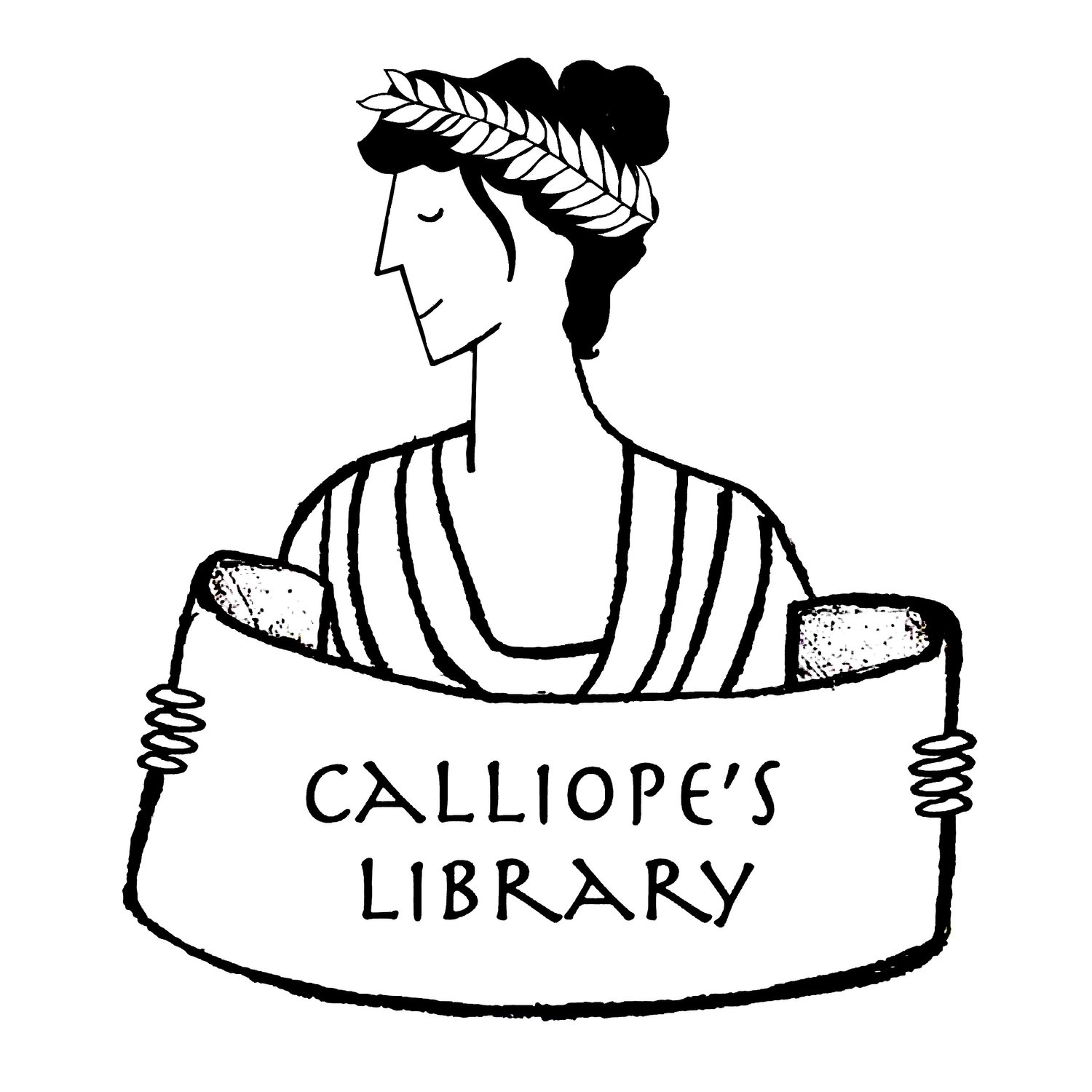Title: Goddess of Yesterday
Author: Caroline B. Cooney
Date: 2002
Tags: 10+, middle grade, Setting: Ancient, Troy, Helen of Troy, The Odyssey, Award winner: ALA Notable Children's Book for Older Readers
Readers interested in a scholarly approach to children’s literature may consult this title on Our Mythical Childhood Survey*
Anaxandra (“Not Alexandra. Anaxandra.”) is a pirate’s daughter who is taken hostage by a Greek king and gets caught up in the events of the Trojan war. She is an excellent narrator, strong and resilient, but also deeply introspective. Her first-person narration gives thoughtful insight into the events that lead to mythology’s most famous conflict. Anaxandra is a survivor, in the best way possible. When she makes terrible choices to survive, she owns her faults and tries to atone for her actions. She protects everyone she can, and brings grace to the dark events of war.
In spite of the dangers that she faces and the harshness of her reality, Anaxandra meets with much unexpected kindness and generosity. Her hostage family treats her well. Menelaus honors her strength and accepts her as a foster daughter. Andromache adopts her as a little sister, even though she arrives at Troy as a slave.
However, the real standout character in this book is Helen of Troy. Helen is magnificent, every inch the daughter of the Zeus. However, the gods of the Bronze Age are not loving. Helen craves fame and adulation the way that epic Greek heroes do, and she revels in the battles fought for her sake. She isn’t good, but she is glorious. It’s a nice change from the usual ignorant, lovesick princess who never thinks about the consequences of her actions.
The author, Caroline B. Cooney, paints a rich and accurate portrait of Bronze Age Greece that’s exciting to read, but she does not hide its ugly side, either. Slavery in all its brutality is everywhere in this book, as it was in real life. Anaxandra survives several battles and pirate raids. Helpless, she sees friends killed in front of her and watches loved ones dragged away as slaves. Nothing is graphic or gratuitous, but it is an honest picture of what life might have been like for a young girl in Homer’s Iliad and Odyssey. Parents may want to read this book first before recommending it to their kids. That said, this book is my favorite retelling of the Trojan War myth, for any age, and a must read for fans of Greek mythology. – Krishni Burns
* For further information on the Our Mythical Childhood Survey, please refer to the website of the project “Our Mythical Childhood” [link: http://omc.obta.al.uw.edu.pl/], led by Prof. Katarzyna Marciniak at the Faculty of “Artes Liberales,” University of Warsaw, Poland, with the participation of Bar Ilan University, University of New England, University of Roehampton, University of Yaoundé 1, and other affiliated scholars, within the funding from the European Research Council (ERC) under the European Union’s Horizon 2020 Research and Innovation Programme (grant agreement No 681202).


